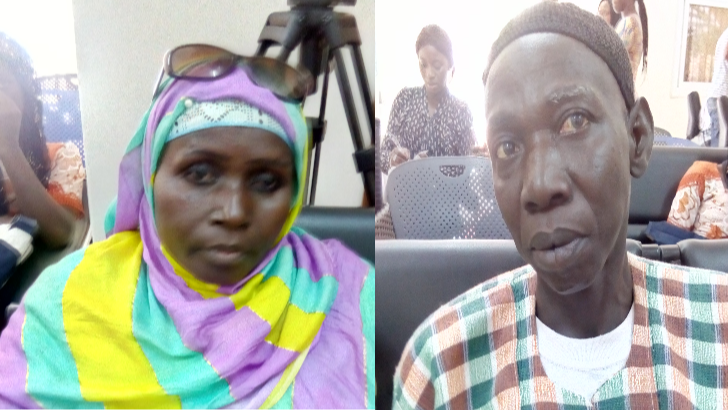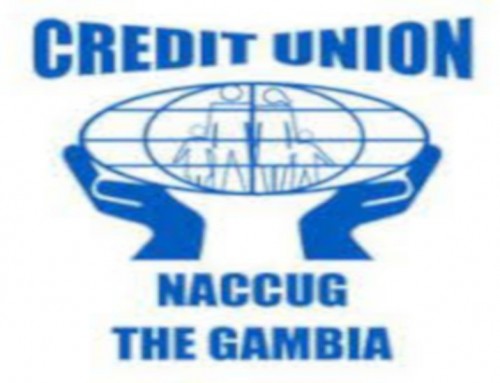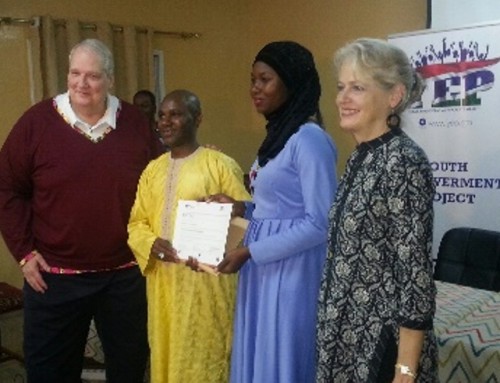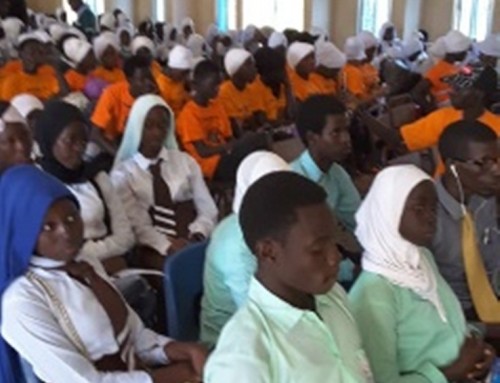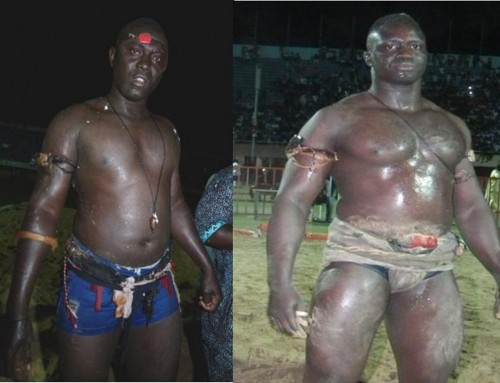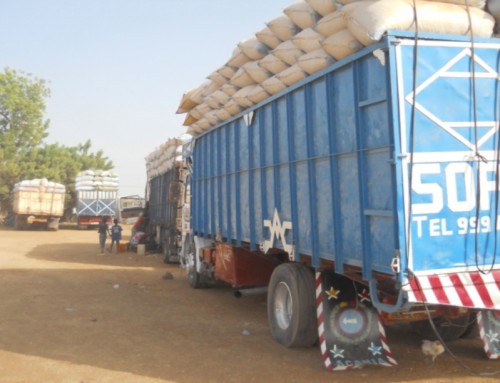
By Omar Bah
Survivors of the 11 November 1994 reported massacre of Gambian soldiers at the Fajara and Yundum barracks, have called on the Barrow government to immediately order for the arrest of the accused military officers still serving in Gambia Armed Forces and other security services.
While the AFPRC junta led by Yahya Jammeh claimed the soldiers were killed in an operation to thwart a coup attempt, the “plotters” who survived, said no coup was in the offing and that it was well-planned scheme to liquidate soldiers the junta perceived as threats.
Speaking at an event commemorating the day at the Victim’s Centre in Kololi, Abdoulie J Darboe, a former Army lance corporal who survived the shooting, stated: “Some of the military officers who brutally massacred their innocent colleagues are still serving in the military. We want to call on the government to listen to us and remove these accused soldiers, because most of them are not Gambians. We know about this.”
He said army supremo, Masanneh Kinteh, should quickly set up an investigation panel to probe their claims and bring the accused to book once their culpability is established through due process.
“Could you imagine, I was asked to dig my own grave before I was shot in my leg by somebody who is still serving in the army.
Our fellow soldiers were tortured and killed without going through any court proceeding,” he alleged.
Omar Camara, a former corporal recalled that a gun was aimed at him at close range by a member of the military junta. “They wanted me dead, but I refused to die with the help of Allah. We will not rest until all those who were in one way or the other, part of the brutality and are still serving in the security forces, are arrested and thrown into Mile 2. They should face justice in the quickest possible time. They are around and we know all of them and they equally know us. What happened in 1994 was painful. Some of our men were buried alive,” he said.
Corporal Camara further narrated that on that fateful night 24 years ago, he was on duty at the Fajara military barracks clinic when he heard gunshots. He said he stayed in the clinic until about 6am.
“I came out to only find out that some soldiers were killed while others were arrested in the barracks. I went home. When I returned to work the following day, I was arrested by [a senior military officer, name withheld] and was stripped naked. He later informed me that I was under arrest for taking part in the November 11 ‘coup’, and before I could say anything he shot me in the leg,” he alleged.
He continued: “We were jailed for nine years after a clandestine court martial that was never independent found us guilty. In 1997 [a senior military officer, name withheld] and his team came for us, tortured us and transferred us to different prisons because they said we were misbehaving.”
Sunkaru Yabou, the surviving wife of the killed putsch leader, Basiru Barrow, said all she could remember was her husband left home on the night of November 11 for his night duties and never returned home.
“That is all I can say about his disappearance. But after his disappearance some government officials came to our house and asked me some questions about his disappearance. But all I could tell them was I did not know anything about it. I wanted to go to police to report it, but I was afraid, because then you never know who is your enemy or friend,” she added.
Madam Yabou, who is now 51 and has since remarried to Basiru’s elder brother, said with the setting up of the TRRC, she is hopeful that their questions will finally be answered, adding that “for seven good years” she waited to see her husband again, to no avail.
The soldiers who allegedly lost their lives on the fateful day include: Lt Basiru Barrow, Lt A Faal, Lt G Saye, Lt A Manneh, Officer Cadet Sillah, Lt B Jammeh, Lt B Minteh, Lt Abdoulie Bah, Lt S Jadama, 2 Lt M Gaye.
Article Views:
151
